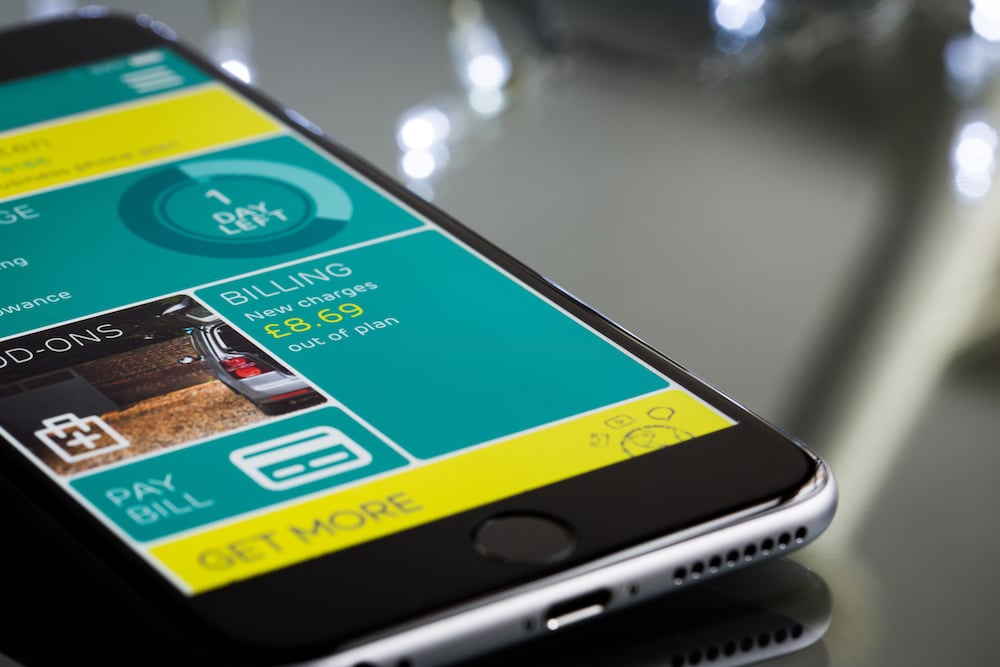“If I had been born five years later I would have begun in a different world, and would no doubt have become a different man. Those five years made a critical difference in my life, and it is a historical difference. One of the results is that in my generation I am something of an anachronism.”
-Wendell Berry, writing about being born just before the advent of mechanized farms
I turn 40 years old later this year and I’ve never owned a smartphone. I am a technological anachronism: a living, breathing social experiment in 2023 America.
Login to read more
Sign in or create a free account to access Subscriber-only content.
Topics:
